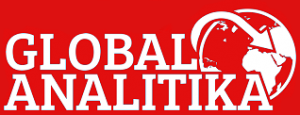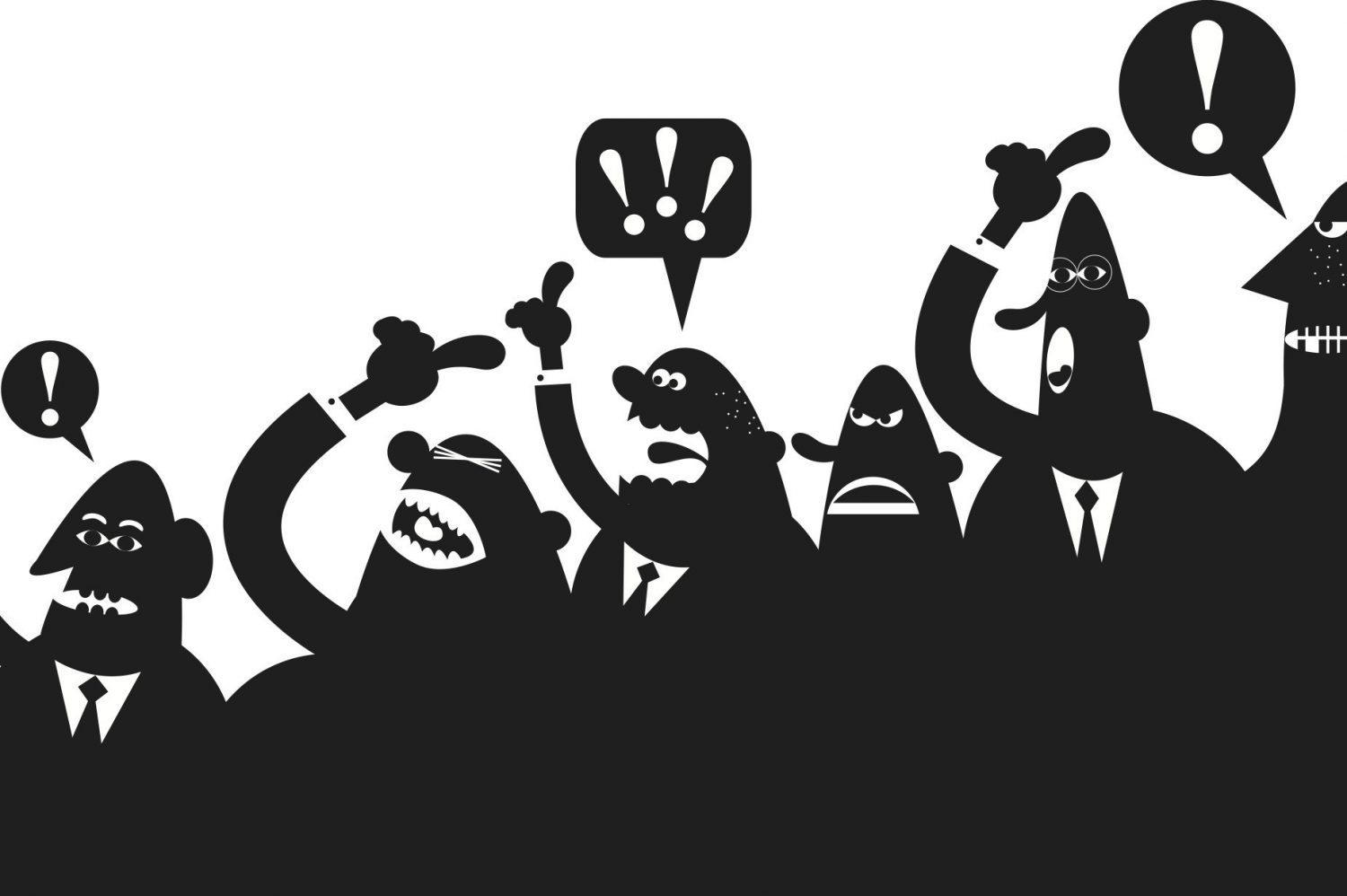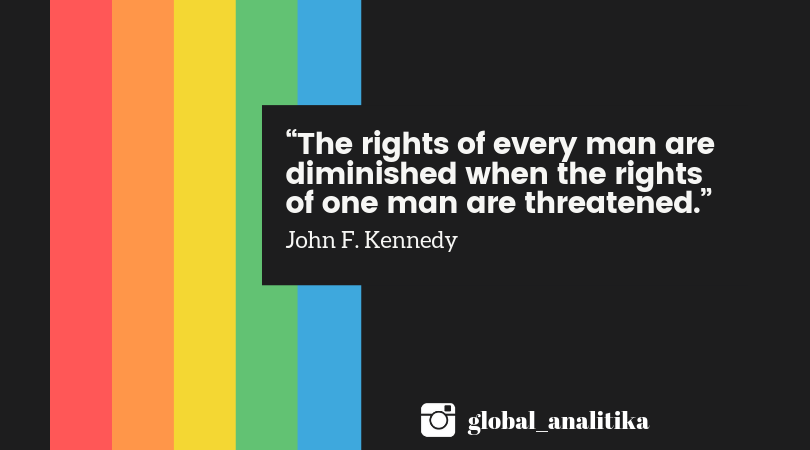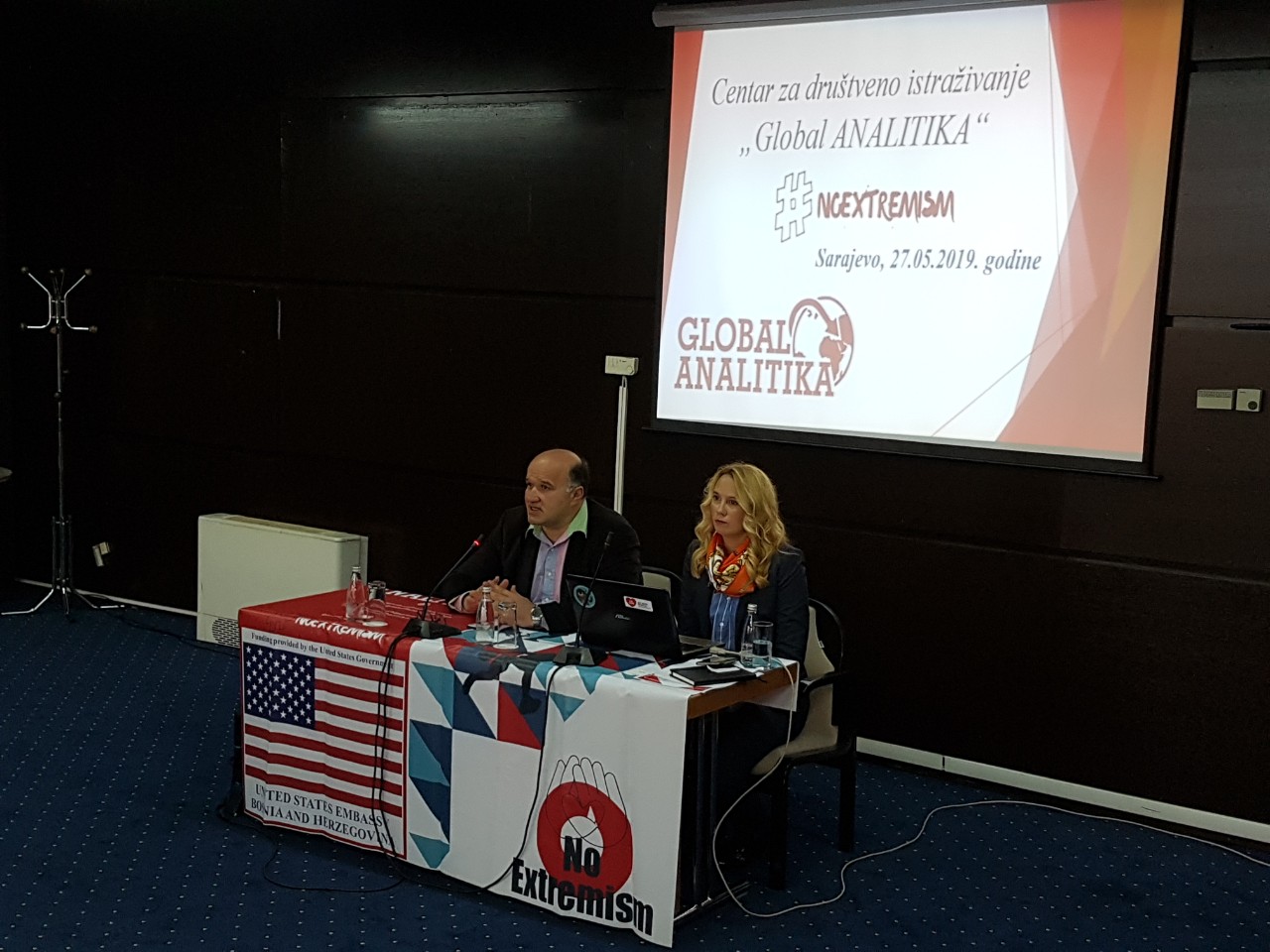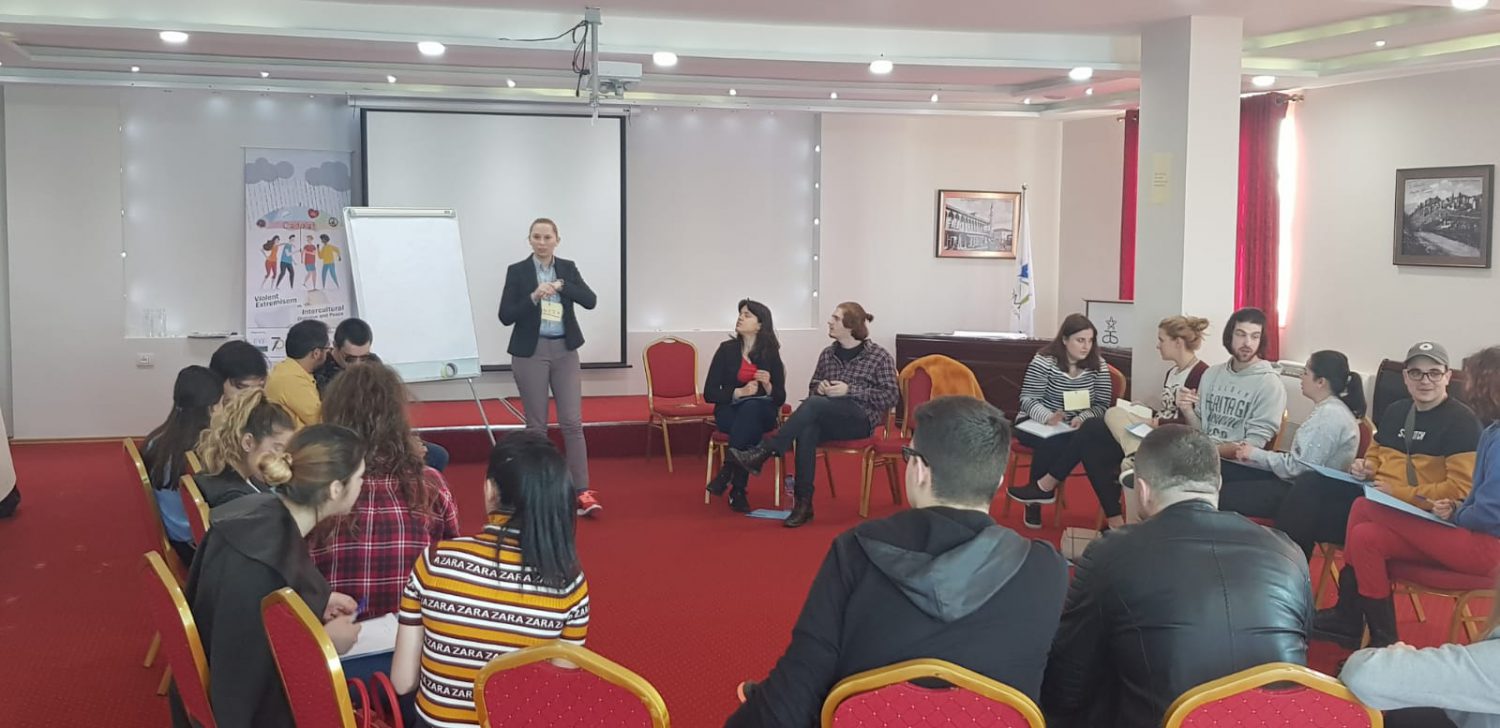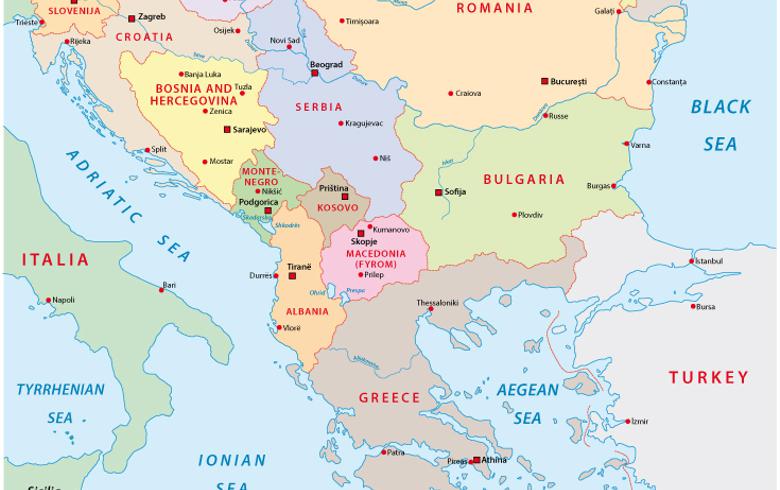Author: Safet Mušić
Corruption in Bosnia and Herzegovina is widely spread, confirmed by many types of research, but also judicial processes (with slight penalties) and often warnings that comes from EU and other international institutions. Corruption weakens the economy, undermines democracy and rule of law, and erodes public trust. In Bosnia and Herzegovina, corruption permeates all sectors and is connected with organized crime and felonies. Corruption scatters public resources, discourages foreign investment, and causes widespread apathy and distrust. Those who are most severely affected by this problem are citizens of this country, who constantly and again express their concern about corruption. Non-governmental organizations also point out that the fight against corruption is one of the highest priorities for domestic authorities and the international community to deal with. Center for Social Research Global Analitika continuously monitors and explores this issue, primarily because corruption directly affects the safety of our society. Furthermore, on 23rd February, 2018, at the international ministerial conference on the topic of European integration of Bosnia and Herzegovina and countries of the region, held in Banja Luka, member of the European Parliament and rapporteur for Bosnia and Herzegovina (BiH) Christian Dan Preda, emphasized that the fight against corruption is a major condition for Bosnia and Herzegovina to become a member of the European Union (EU). Preda reiterated that the remaining conditions for the accession of Bosnia and Herzegovina to the European Union, such as “free media and the existence of governments that work for their citizens, and not for their interests”.
According to Preda, “now, there is clear opportunity for countries of Western Balkans to be part of European integration and that situation also refers to Bosnia and Herzegovina”. He also added, “If Bosnia and Herzegovina fulfill stated terms, it could be part of EU in 2025, and maybe sooner”.
However, four out of six countries applicants for EU from Western Balkans regressed many positions on the newest Index of corruption perception that was published by Transparency International. Macedonia is worst ranked of all countries with 16 positions under its closest neighbors. Corruption, together with other issues such as poverty and unemployment is the key concern for EU member states.
Potential candidates from the Western Balkans for EU membership need concrete progress in the fight against corruption, the European Commission report said. The aforementioned report by Transparency International reveals that of the six countries in the Western Balkans, four of them have recorded a fall on the scale: Albania, Bosnia and Herzegovina, Macedonia and Serbia. In some countries, the decline was significant; Macedonia dropped 17 places from 90th in the 2016 index to 107th in 2017. Albania and Bosnia and Herzegovina fell from 83rd to 91st place, while Serbia experienced a modest drop from five places from 72nd to 77th place. But, Montenegro remained at 64th place.
The only country in the region that has resisted this trend, according to Transparency International, is Kosovo, which jumped from 95th place in 2016 to 85th in 2017. This is most likely a consequence of the anti-corruption strategy launched by the government in Pristina, which aims to progressively and sustainably reduce corruption, strengthen institutional integrity and promote good governance.
As in Macedonia, corruption is at the high level in Bosnia and Herzegovina, and by many, it is the biggest break in any progress in the necessary reforms. A survey published in September 2017 showed that most people in Bosnia and Herzegovina have an alarmingly low level of trust in public institutions, including the police, the health system, the judiciary, parliaments, the media, and even non-governmental organizations. In the survey, 70% of respondents said they did not trust the parliament, while 65% also spoke about the prosecution and 64% of the judiciary.
Significant levels of corruption remain in some EU member states, so Bulgaria and Hungary are now ranked beneath Montenegro, despite being the leader among the countries of the Western Balkans, and Croatia ranked as 57th.

In the table above are presented the results from the latest report on corruption which was conducted by Transparency International. Unfortunately, Bosnia and Herzegovina has regressed, which is not something that can contribute to serious negotiations, but on the contrary. However, this is not a concern for domestic politicians, since their main topics are stories about war, denial of genocide and war crimes, secession, the use of the migrant crisis for the daily political purposes and for the needs of the election campaign. Then the acquisition of a new weapon (which we have too much anyway), the constant use of hate speech in public appearances, along with ruthless spending of budget funds – from the procurement of new expensive cars up to paying the travel expenses for politicians to attend World Cup in Russia.
Recently, Great Britain was a host of Summit of Western Balkans countries in London, on 10th July 2018. Summit gathered leaders of Western Balkans countries and European partners, to help and work together towards strengthening cooperation, as well as economic stability and political cooperation.
Summit was focused on three main goals :
- increase economic stability, through the creation of a better business environment,
- fostering of entrepreneurship,
- solving youth unemployment and the promotion of regional cooperation.
Security objective refers to the strengthening of regional security cooperation, in order to deal with common threats more effectively, such as corruption, organized crime, trafficking in human beings, drugs, weapons and violent extremism.
Although, according to the report of the European Parliament about anti-corruption efforts, Addressing corruption requires long-term work at many levels (regional, national and local) and involves multiple stakeholders. Crucial components for achieving sustainable results in anti-corruption reform consists of :
- a more informed and demanding public,
- a civil society with a strengthened role in monitoring policies in corruption-prone areas, and
- a visible economic progress and improved business environment.
